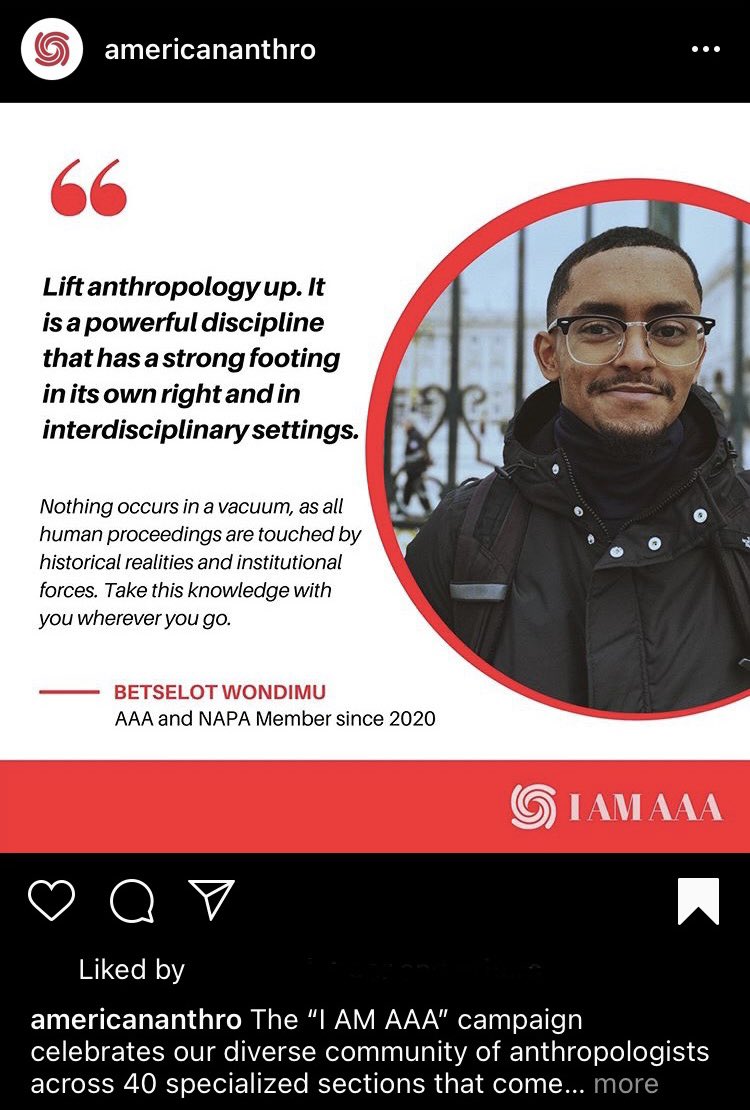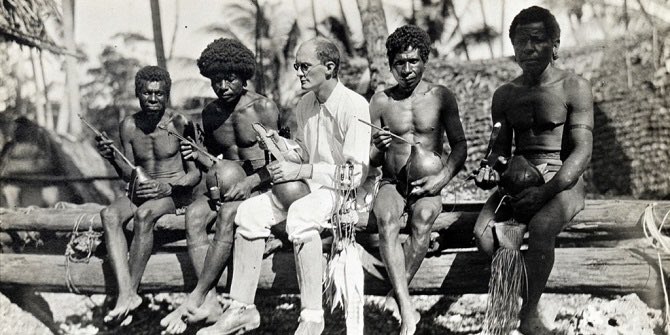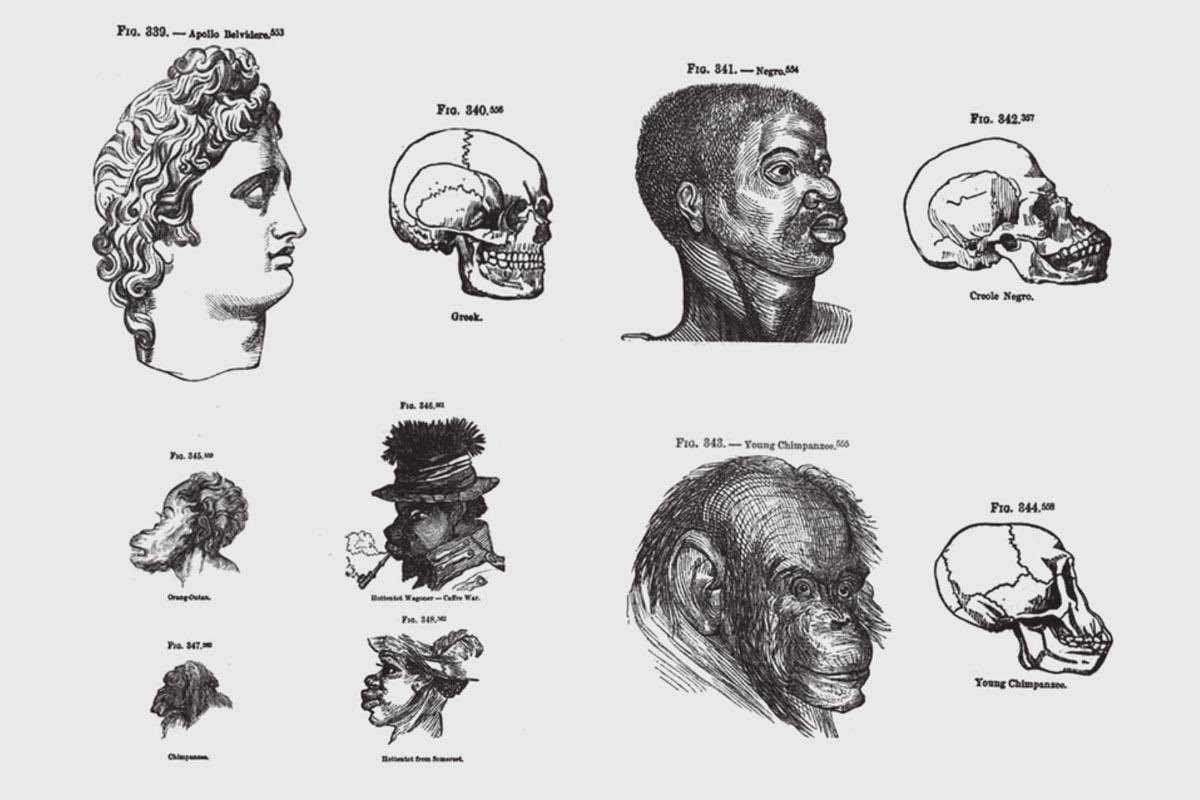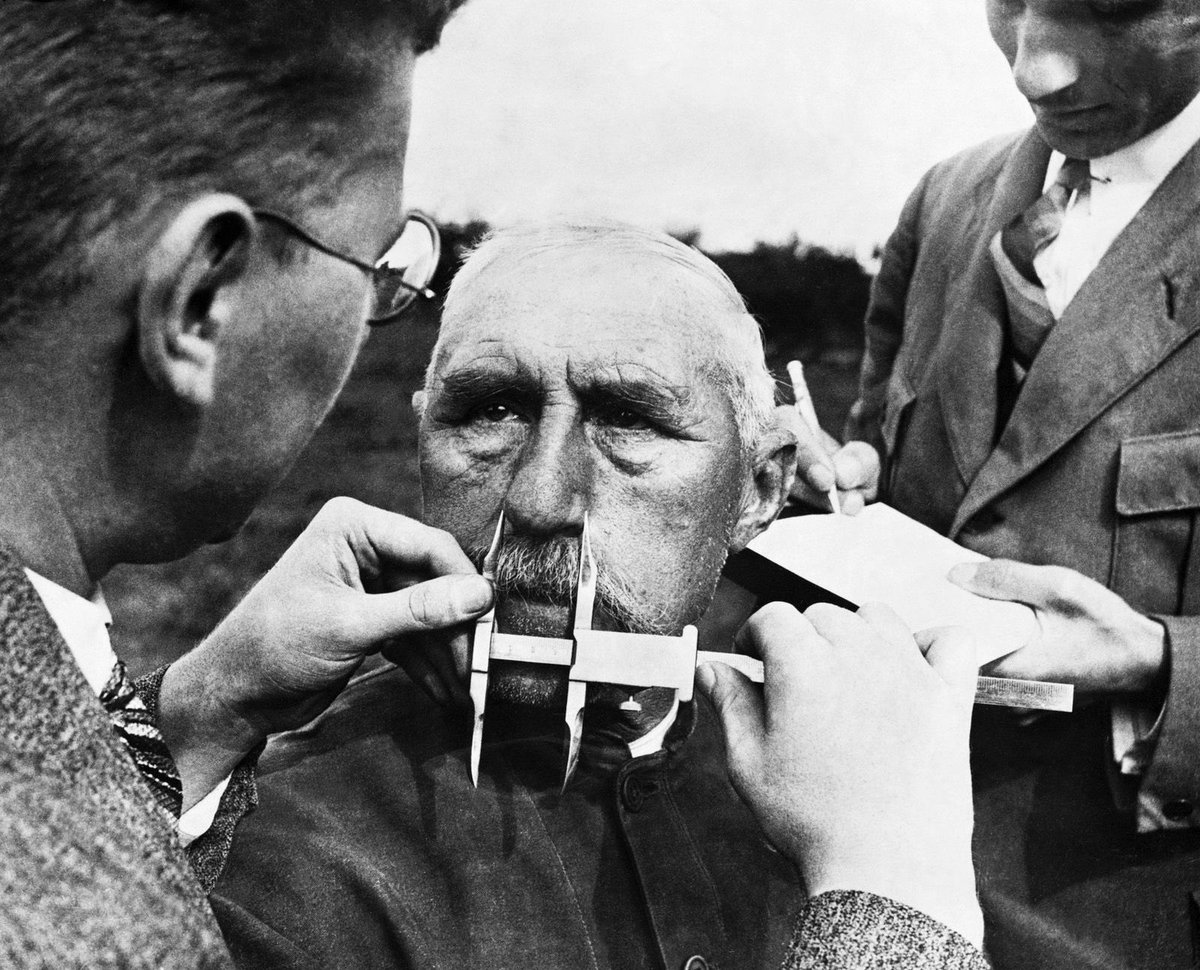I was recently featured on @AmericanAnthro ‘s Instagram account, which is great! I am not a public figure (yet  https://abs.twimg.com/emoji/v2/... draggable="false" alt="😏" title="Grinsendes Gesicht" aria-label="Emoji: Grinsendes Gesicht">), but would like to contextualize a little bit here for my 40 followers & for myself (a thread).
https://abs.twimg.com/emoji/v2/... draggable="false" alt="😏" title="Grinsendes Gesicht" aria-label="Emoji: Grinsendes Gesicht">), but would like to contextualize a little bit here for my 40 followers & for myself (a thread).
I was asked to participate in the “I Am AAA” campaign a few months ago and was to happy to contribute. I wrote a quick two-page blurb back in March/April responding to some prompts & haven’t thought about it since.
The quotation used in the post is pulled from a question asking what tips I have for the next generation of student anthropologists. I suppose I spoke toward the value of frameworks & theoretical lenses that anthropology offers in my response - I sound very optimistic.
Still, I can’t help but feel awkwardly manipulated seeing a young black face headlining for a discipline with a violent historical & global presence. As if to say “everything here is fine, don’t worry.” I feel this especially more with 2020’s heightened social unrest.
My man Jimmy B. once said: “I love America more than any other country in the world and, exactly for this reason, I insist on the right to criticize her perpetually.”
I wish I said this in my original response, but I charge myself & fellow rising anthropologists to bring similar energy here. To not be passive recipients or perpetrators of what is wrong with the field, but to work actively to make it more equitable and justice-oriented.
Hopefully we’re all learning about this on our own or through coursework. But if not: look into how theories of cultural evolution dominated anthropological thinking for centuries. Read about the roles played in informing colonial decision-making & scientific racism.
Most importantly, think deeply into how this field has transformed (or not  https://abs.twimg.com/emoji/v2/... draggable="false" alt="🧐" title="Gesicht mit Monokel" aria-label="Emoji: Gesicht mit Monokel">) over time, & how you as a rising anthropologist can contribute to outcomes that bring peace & understanding instead of harm & division.
https://abs.twimg.com/emoji/v2/... draggable="false" alt="🧐" title="Gesicht mit Monokel" aria-label="Emoji: Gesicht mit Monokel">) over time, & how you as a rising anthropologist can contribute to outcomes that bring peace & understanding instead of harm & division.
Let’s figure out which elements of the field should persist & which we should eliminate collectively. If we plan to be leaders in the discipline in the 21st century (which we will be), we should start thinking in this way sooner rather than later.
We have the power to carve new paths if we choose to & bring our concerns into public discourse if we feel something is off, as Dr. @RyanCecilJobson did in his writing. https://anthrosource.onlinelibrary.wiley.com/doi/abs/10.1111/aman.13398?af=R">https://anthrosource.onlinelibrary.wiley.com/doi/abs/1...
I love this field & hope to contribute to it for the next few decades. Finding anthropology shaped what I thought was possible in terms of career options, community engagement & research. But things ain’t sweet. They’re actually kind of bitter.
idk. The only way to know where you’re at is to know where you come from. I’m talking to the individual & collective “you” here, too. Let’s be conscientious & equitable in our decision making now & moving forward.
Anyway. If you’re still reading, I appreciate you. I’m really just talking to myself in this thread, but also wanted to post it publicly to add context to the original post & maybe even start a conversation on the internet. @OpenAcademics @AcademicChatter #AnthroTwitter

 Read on Twitter
Read on Twitter ), but would like to contextualize a little bit here for my 40 followers & for myself (a thread)." title="I was recently featured on @AmericanAnthro ‘s Instagram account, which is great! I am not a public figure (yet https://abs.twimg.com/emoji/v2/... draggable="false" alt="😏" title="Grinsendes Gesicht" aria-label="Emoji: Grinsendes Gesicht">), but would like to contextualize a little bit here for my 40 followers & for myself (a thread)." class="img-responsive" style="max-width:100%;"/>
), but would like to contextualize a little bit here for my 40 followers & for myself (a thread)." title="I was recently featured on @AmericanAnthro ‘s Instagram account, which is great! I am not a public figure (yet https://abs.twimg.com/emoji/v2/... draggable="false" alt="😏" title="Grinsendes Gesicht" aria-label="Emoji: Grinsendes Gesicht">), but would like to contextualize a little bit here for my 40 followers & for myself (a thread)." class="img-responsive" style="max-width:100%;"/>





